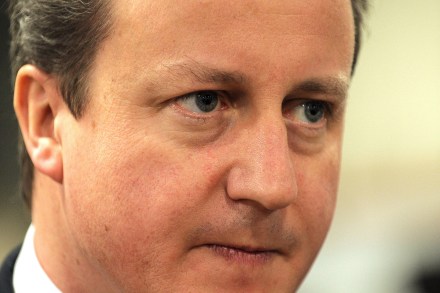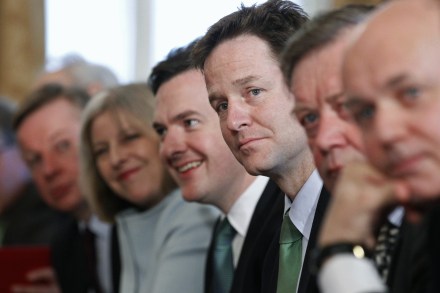Let’s bring the abortion debate to life
No one ever really expected Nadine Dorries’s ill-fated abortion bill to succeed — not after the Lib Dems had made a fuss, and the PM had withdrawn his support with his usual principled grace. But what’s more surprising has been the strange and unpleasant consensus which has risen up from the debate about the bill, and has been twisting into the minds and out of the mouths of journalists all week — not just on the left, but across the centre too, and throughout Westminster. The consensus that’s taken shape seems to be this: that abortion is not just a necessary evil, but a jolly good thing. That being pro-choice
















